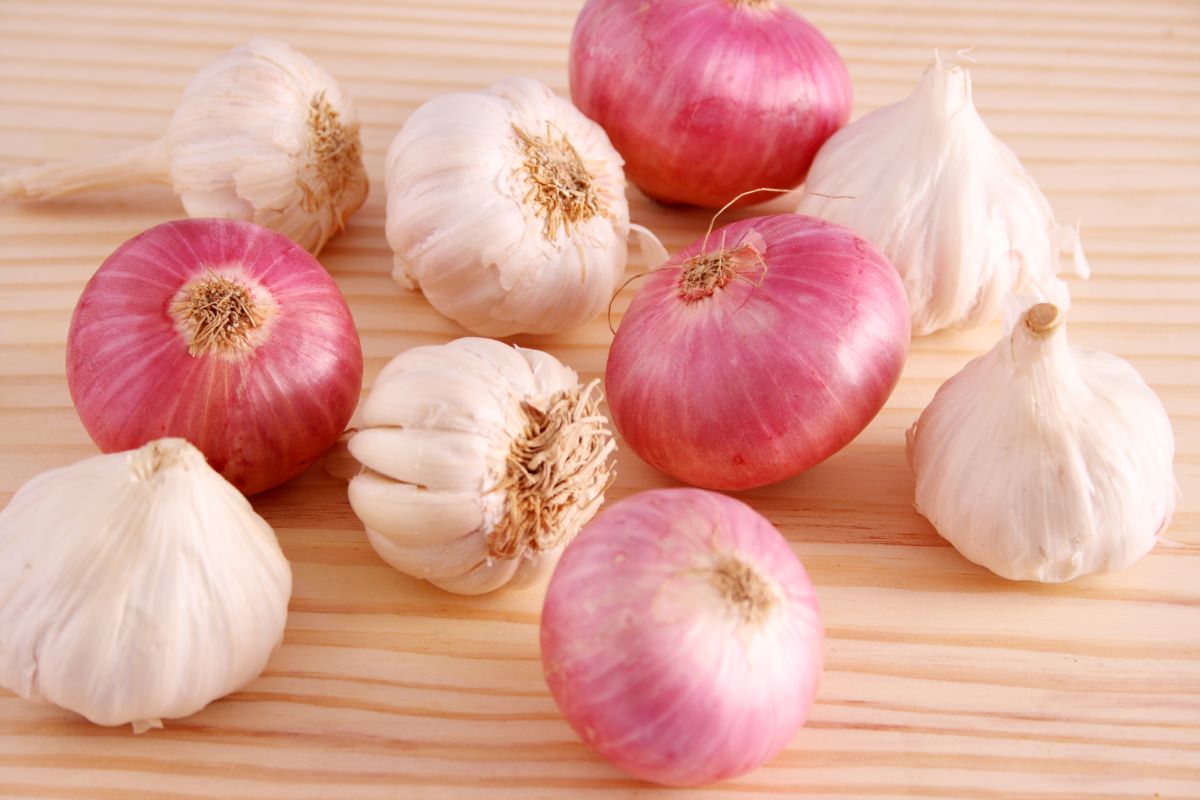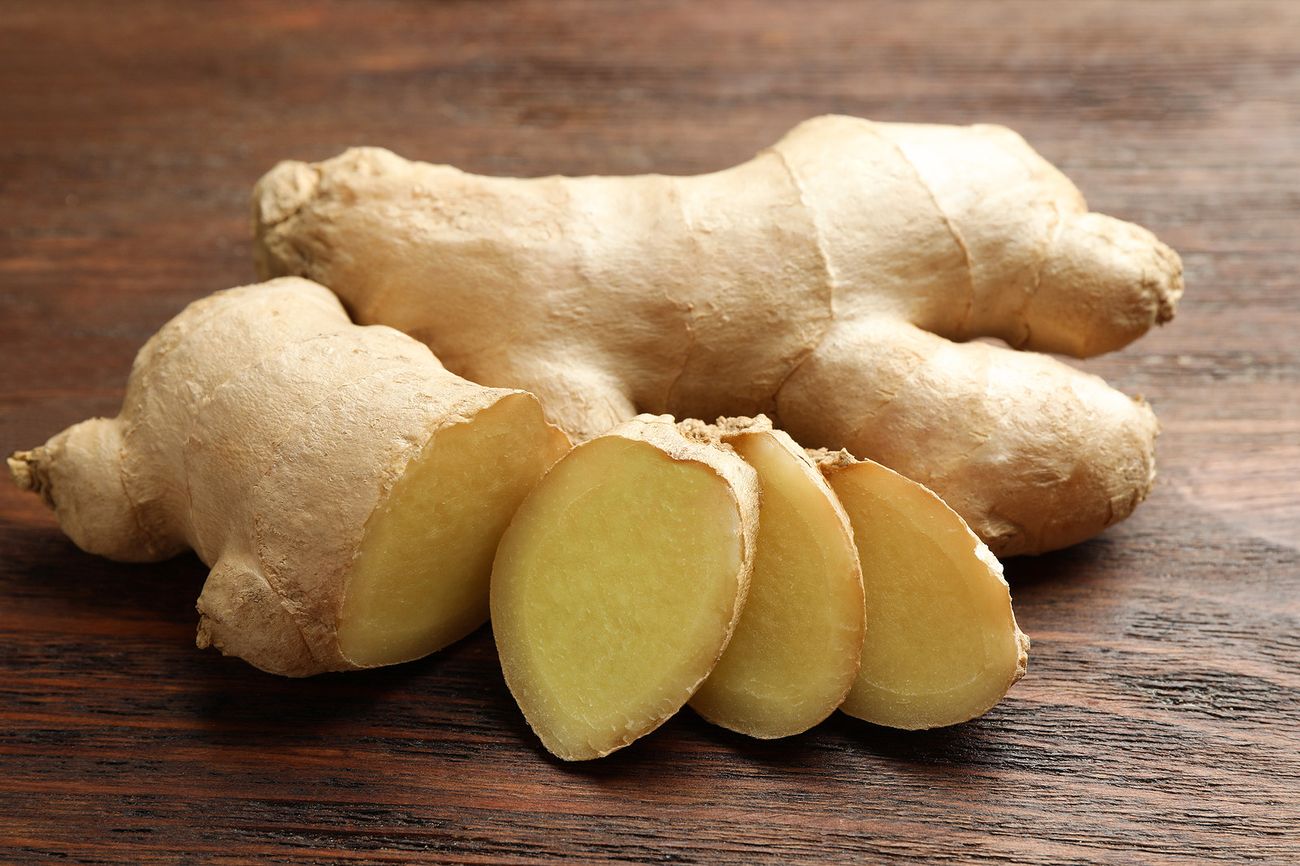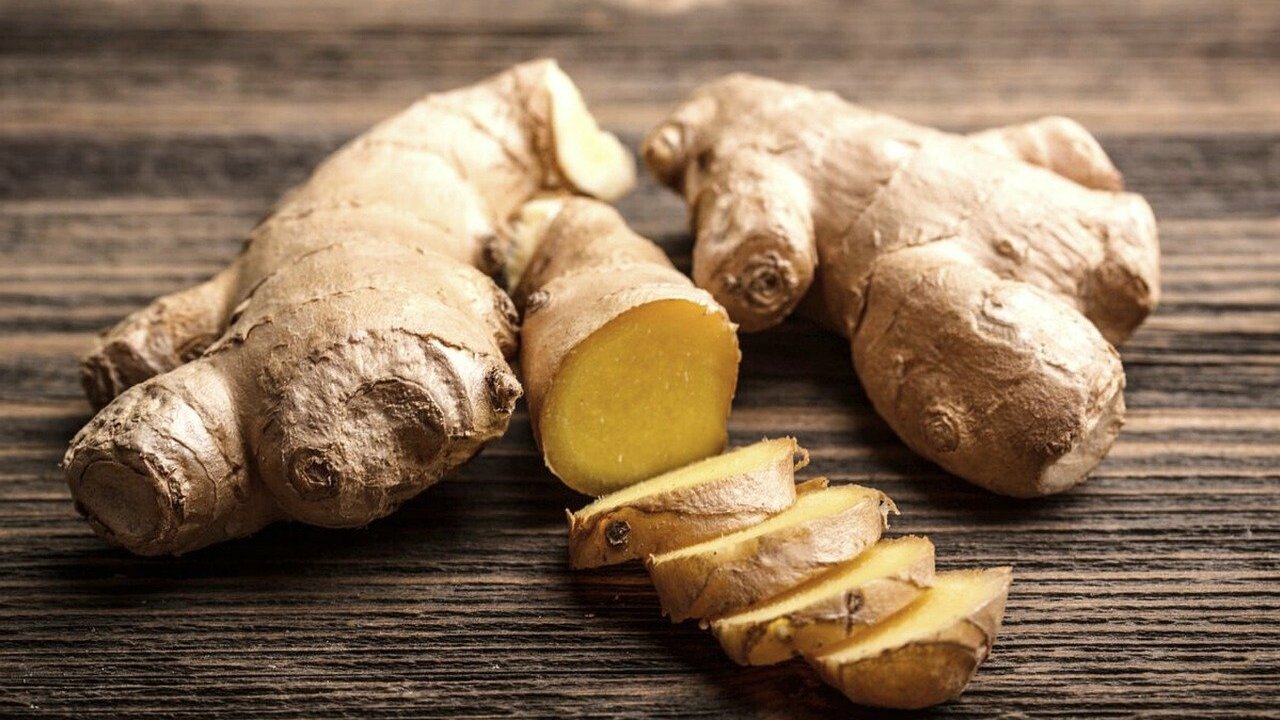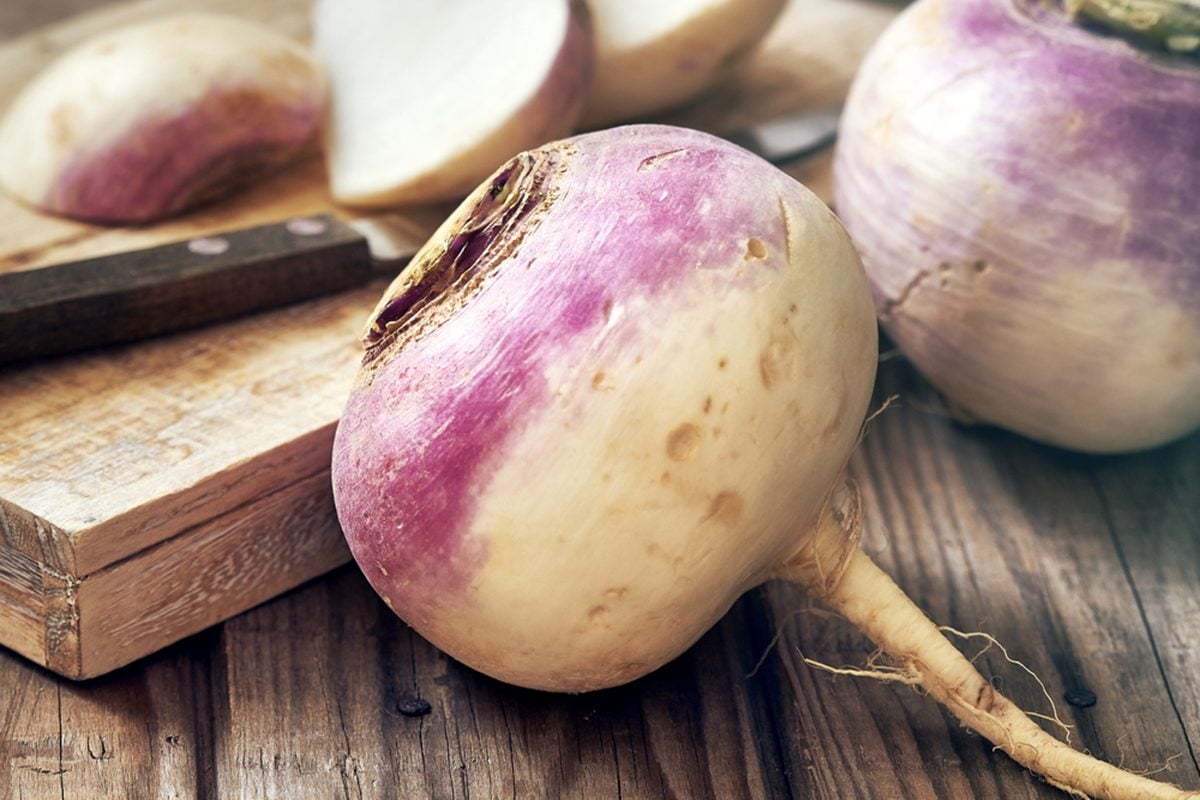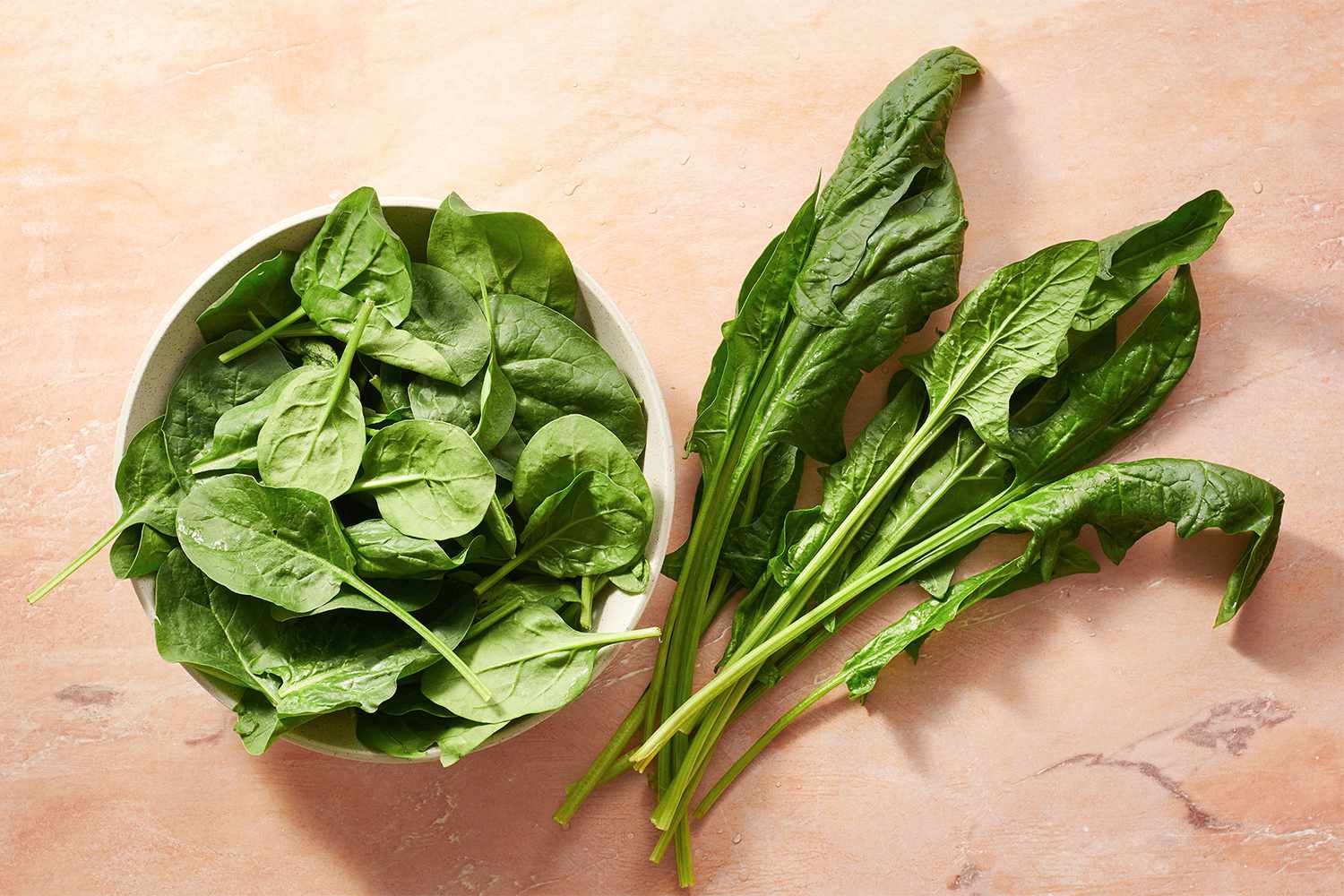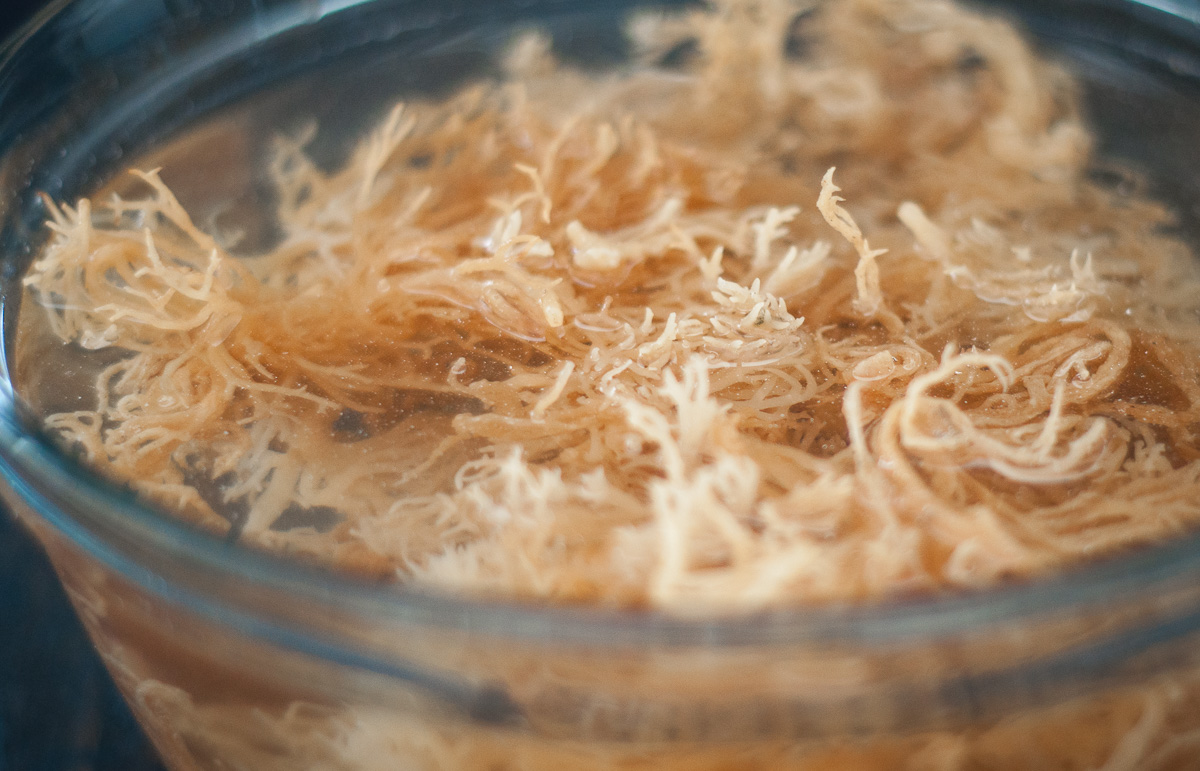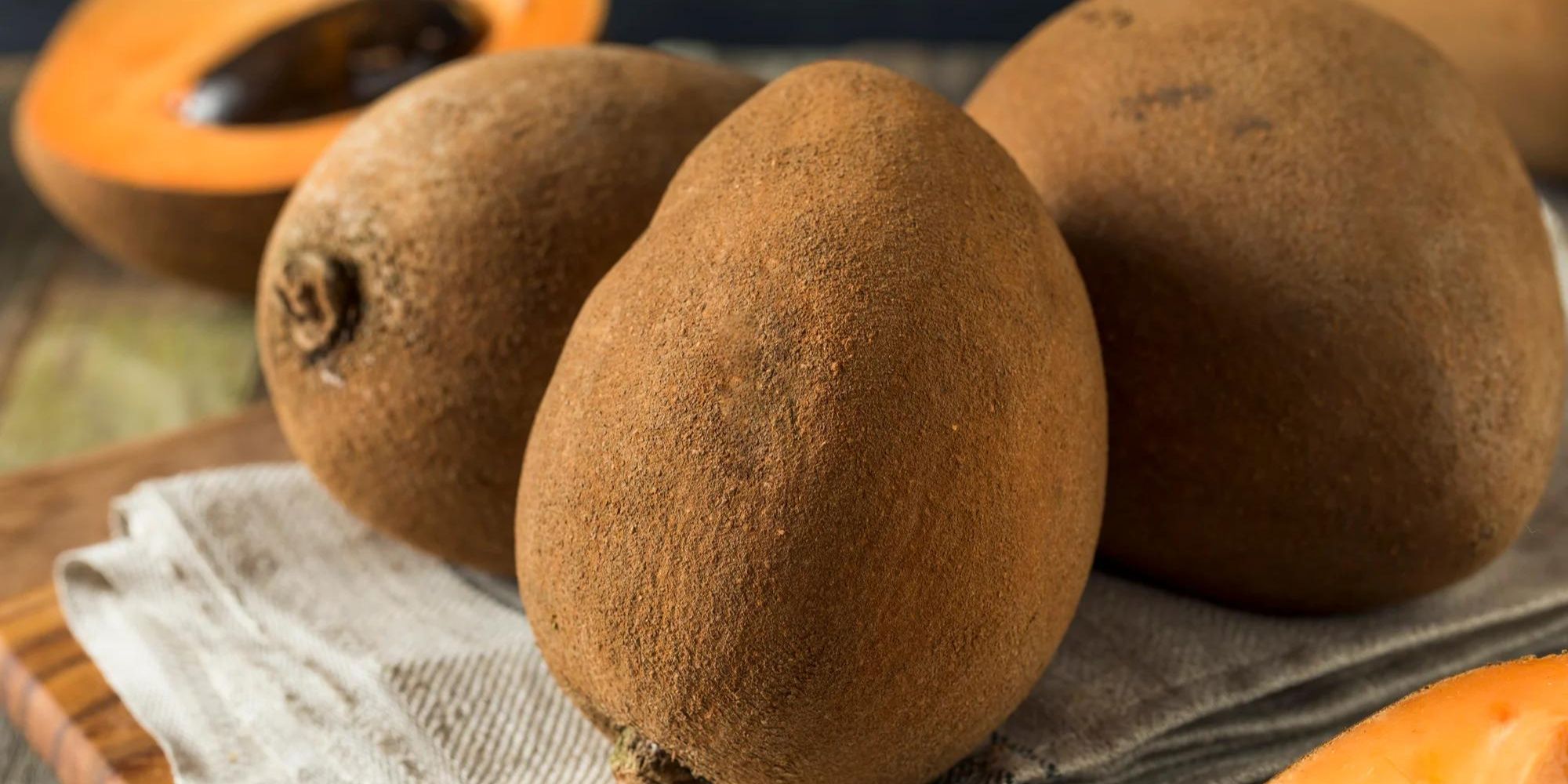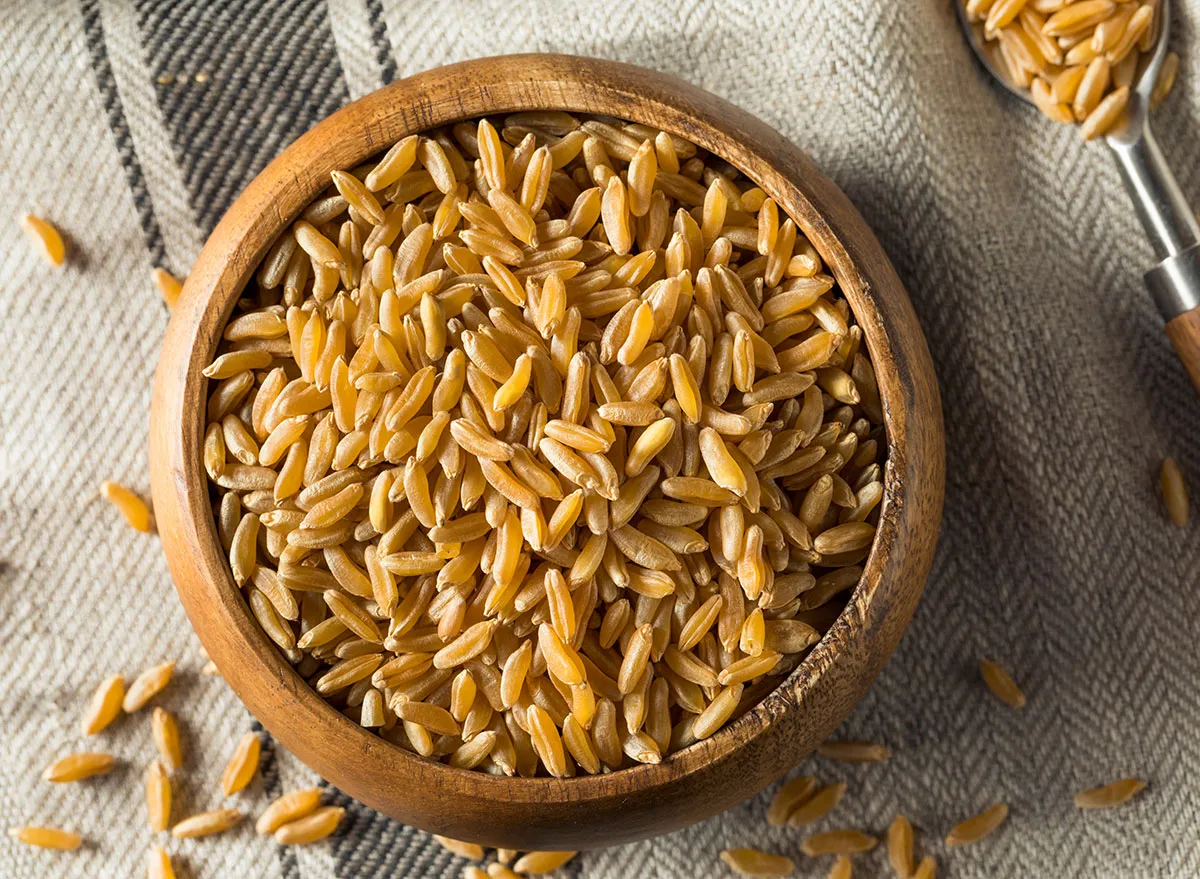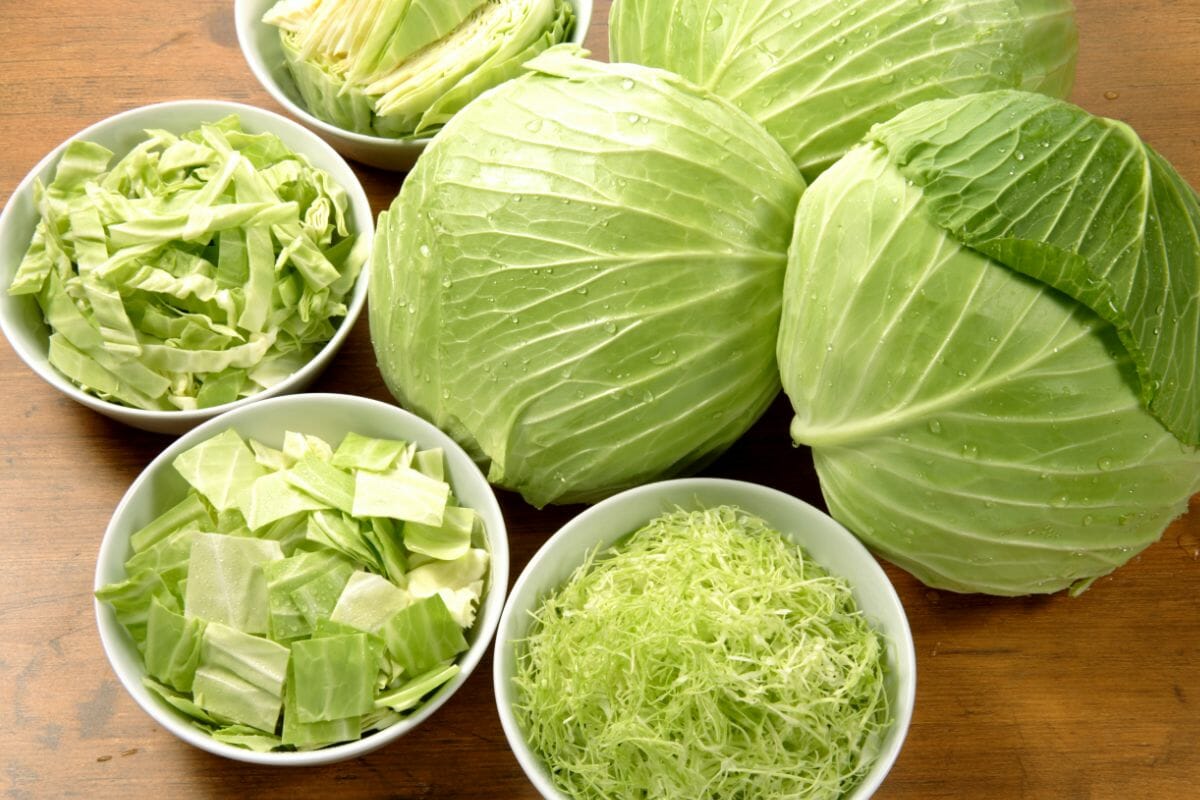Spice Up Your Health with Red Pepper for Anti-Inflammation
When it comes to fighting inflammation, red pepper is a powerful ally. Not only does it add a kick of flavor to your meals, but it also contains potent anti-inflammatory properties that can benefit your overall health. Whether you enjoy it raw, cooked, or in powdered form, incorporating red pepper into your diet can help reduce inflammation and promote wellness.
Ways to Enjoy Red Pepper for Anti-Inflammation
Here are some delicious and creative ways to incorporate red pepper into your diet to reap its anti-inflammatory benefits:
- Spicy Red Pepper Hummus: Blend chickpeas, tahini, garlic, lemon juice, and a generous amount of red pepper to create a zesty and nutritious dip. Enjoy it with fresh veggies or whole grain crackers for a satisfying snack.
- Red Pepper Soup: Simmer roasted red peppers, tomatoes, onions, and vegetable broth together, then blend until smooth for a comforting and anti-inflammatory soup. Add a pinch of red pepper flakes for an extra kick.
- Red Pepper Stir-Fry: Sauté colorful bell peppers, onions, and your choice of protein in a flavorful red pepper sauce. Serve over brown rice or quinoa for a nourishing and inflammation-fighting meal.
- Red Pepper Smoothie: Blend frozen berries, banana, spinach, Greek yogurt, and a dash of red pepper for a refreshing and anti-inflammatory smoothie. The hint of spice adds a unique twist to your usual fruit smoothie.
The Anti-Inflammatory Benefits of Red Pepper
Red pepper contains a compound called capsaicin, which is responsible for its fiery heat and anti-inflammatory properties. Capsaicin has been shown to reduce the production of inflammatory compounds in the body, potentially easing conditions such as arthritis, muscle pain, and digestive issues.
Additionally, red pepper is packed with vitamins A and C, both of which have antioxidant properties that can help combat inflammation and support a healthy immune system. By regularly incorporating red pepper into your meals, you can harness its anti-inflammatory potential and spice up your health.
Precautions and Considerations
While red pepper can offer numerous health benefits, it’s important to consume it in moderation, especially if you have a sensitive stomach or digestive issues. The heat from red pepper may not agree with everyone, so start with small amounts and gradually increase as tolerated.
If you are taking medications or have a medical condition, it’s always best to consult with a healthcare professional before making significant changes to your diet, including incorporating new foods like red pepper.
Incorporating Red Pepper into Your Anti-Inflammatory Diet
Whether you prefer a subtle hint of heat or a fiery kick, there are countless ways to enjoy red pepper and harness its anti-inflammatory benefits. From savory dishes to refreshing beverages, this versatile spice can elevate the flavor of your meals while supporting your overall wellness.
By experimenting with different recipes and finding creative ways to incorporate red pepper into your diet, you can take advantage of its anti-inflammatory properties and add a flavorful twist to your culinary repertoire. Embrace the heat and savor the health benefits of red pepper as you embark on your anti-inflammatory journey.
Remember, a balanced and varied diet, rich in colorful fruits and vegetables, is key to supporting overall health and well-being. Red pepper is just one of the many vibrant foods that can contribute to a nourishing and anti-inflammatory eating plan.
So, go ahead and spice up your health with the fiery goodness of red pepper, and savor the delicious benefits it has to offer!
